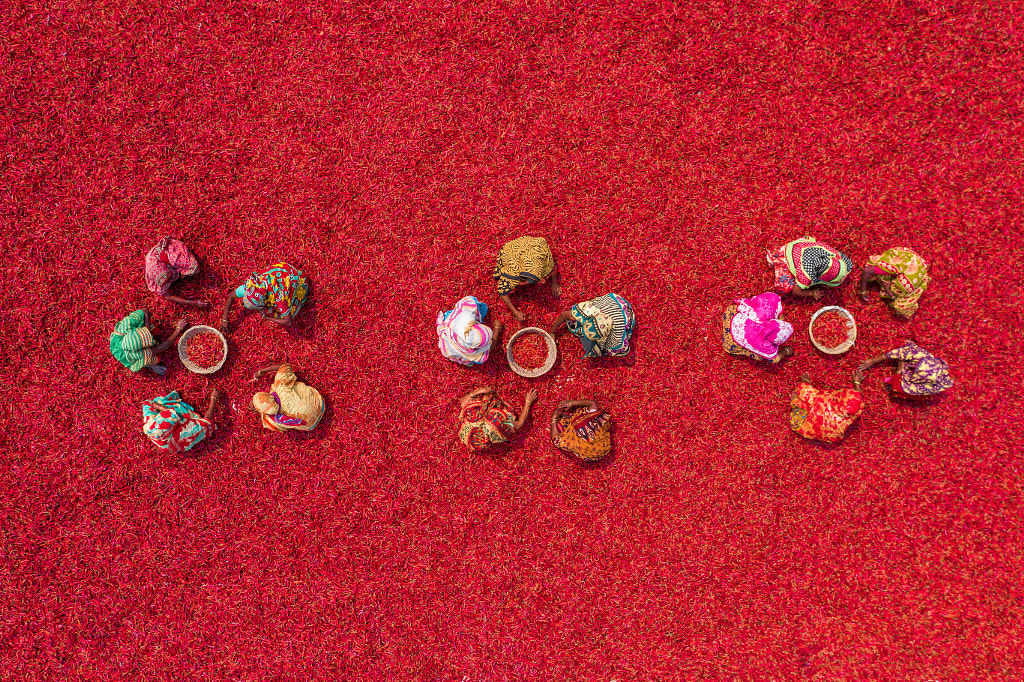François-Marie Arouet aka Voltaire tends to share the most profound observation: “God is a comedian playing to an audience too afraid to laugh”
Nearer to Cold River and Nearer to Gods
The big idea: do we still need religion? | Religion | The Guardian.
they excised the word Catholic from their name: Catholic university speaker: ‘crucify whiteness,’ embrace ‘hopelessness,’ ‘ethically lie’.
David Bentley Hart’s Post-Christian Pantheism
The big idea: do we still need religion? | Religion | The Guardian
US playwright Will Arbery is braver and more ambitious. He bombards us with his opinions no more than did Shakespeare, so you emerge from Heroes of the Fourth Turning, about five conservative Catholics in the first year of Trump’s presidency, almost beatified by the fact you don’t know whether Arbery sides with them or against them.
Heard the one about the climate apocalypse? How to joke about the end of the world
Judge: Seattle concrete companies intentionally drove into striking workers at picket line FOX13
1 in 5 workers runs out of money before payday, survey finds CNBC
Restaurant Workers Explain Why They Quit During The Pandemic The Onion
Women in Labor History, From the Triangle Shirtwaist Fire to Today Kim Kelly, Teen Vogue. Good to see Kelly back on the beat.
This Could Be Why The Massive Volcanic Eruption in Tonga Was So Explosive Science Alert (original)
Nobody Lives Here The Big Picture
Why People Are Acting So Weird The Atlantic
This Could Be Why The Massive Volcanic Eruption in Tonga Was So Explosive Science Alert (original).
Nobody Lives Here The Big Picture
Why People Are Acting So Weird The Atlantic
CNET: “On Friday, a photo that purported to show two British naval aircraft carriers dwarfing a much smaller French naval ship made the rounds on social media. But you can’t always believe your eyes online. Photos are easy to duplicate and then use in misleading ways. Scammers can lift a social media profile photo, for example, and use it to give a fake account a sheen of authenticity. Similarly, news photos can be grabbed from coverage of one event and pasted into stories about another event, misleading readers about what’s happening. In the case of the photo of the aircraft carriers, a reverse image search revealed the tiny vessel had been added digitally, Snopes found. A reverse image search can help you spot misleading photos by identifying their origin. If you’re in doubt, this search engine tool will help you spot scams, debunk false news, and discover people using your imageswithout your permission. Reverse image searches rely on either Google’s Images or Lens service. Either will provide a list of websites displaying the photo or image, as well as a link and description. Both services can also give you a list of visually similar images that might provide images shot from different angles. The list might also show the same picture with an original caption or from an earlier news story.
That information is often used by fact-checkers, who’ve been using the tools to verify whether images from the war in Ukraine are current and shared in the right context. These tools are so powerful that scammers are turning to high-tech methods to end-run reverse image searches. AI-generated profile pictures have become popular with dishonest groups that rely on bogus social media accounts, like the scheme researchers identified on LinkedInthat aimed to generate sales leads with a raft of fake profiles. Reverse image searching an AI-generated photo won’t lead you to a real person, so they’re harder to identify as fake. But the use of AI-generated photos is currently fairly limited…”
- “We have to meet the needs of today’s donors” — the American Philosophical Association (APA) announces plan to alleviate its budget woes by dropping philosophy.
- David Chalmers declines Rock and Roll Hall of Fame nomination— “It is true that the press can’t stop referring to me as a philosophical ‘rock star,’ but come on” said the black leather jacket-clad philosophical rock star.
- “Neolithic Siberian grandmothers, Ozzy Osbourne, and the fern” — Justin E. H. Smith (Paris) on the future of machine learning (note: article is written in early Turkic)
- Interdisciplinary Derek Parfit cloning project falls apart, unable to resolve dispute over whether they were resurrecting the philosopher or merely copying him — “That is not what matters,” said a despondent former team member.
- Putin steps up aggressive reading of Heidegger — the change is apparently a reaction to learning that Kremlin philosophers were too scared to tell him that Nietzsche would not approve of his decisions.
- New: Journal of Controversial Journal Ideas — the inaugural issue is focused on the topic of paying people for the work they do.
- Philosophy professor quits tenured position to pursue career in stand-up comedy — “My students always laughed at my jokes, so I think it will be pretty easy,” he says.
